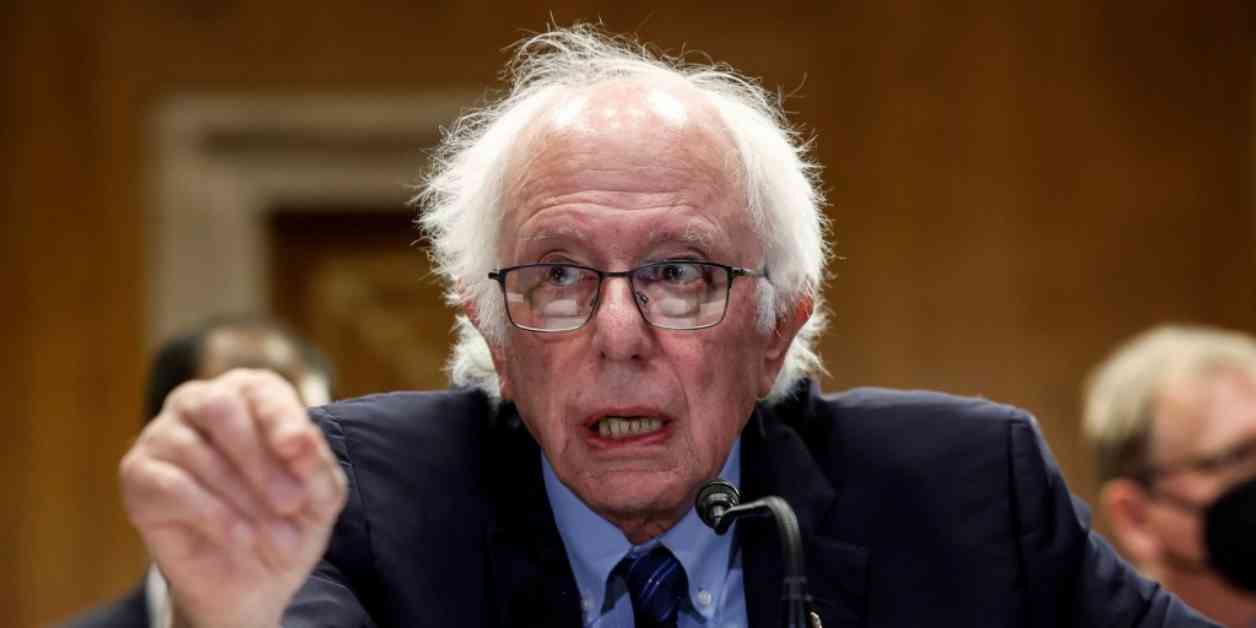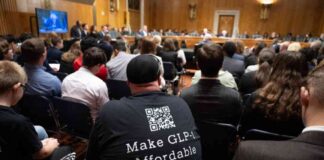Affordable Production of Ozempic: Bernie Sanders’ Claim Clarified
In a recent development on Capitol Hill, Senator Bernie Sanders has once again raised concerns about the pricing practices of drugmaker Novo Nordisk, specifically regarding their blockbuster diabetes drug Ozempic. Sanders claimed that the CEOs of major generic pharmaceutical companies have informed him that they could produce and sell Ozempic for less than $100 a month, a stark contrast to the current price tag of around $1,300 a month in the U.S.
Expert Roundtable Event
Sanders made these remarks during an expert roundtable event on Capitol Hill, which was organized as a precursor to Novo Nordisk CEO Lars Fruergaard Jorgensen’s upcoming testimony before the Senate Health, Education, Labor, and Pensions Committee. The Senator, who chairs the committee, has been leading an investigation into Novo Nordisk’s pricing practices since April, particularly focusing on the pricing of Ozempic and Wegovy, the drugmaker’s popular weight loss medication.
International Disparities in Drug Pricing
According to a committee report, the stark contrast in drug pricing between the U.S. and other countries is evident. While Novo Nordisk charges $1,300 a month for Wegovy in the U.S., the drug can be purchased for significantly lower prices in countries like Denmark, Germany, and the United Kingdom. For instance, the drug is available for $186 a month in Denmark, $137 in Germany, and $92 in the United Kingdom, highlighting the disparities in drug pricing across different regions.
Corporate Greed Allegations
During the roundtable event, Sanders reiterated his stance on Novo Nordisk’s pricing practices, labeling them as “excess corporate greed.” He revealed that his recent conversations with generic drugmakers indicated that they could produce a generic version of Ozempic, identical to the one manufactured by Novo Nordisk, for less than $100 a month. This would represent a significant reduction in cost for Americans currently paying over ten times that amount for the drug.
Exclusive Patent Barrier
Despite the claims made by generic drugmakers regarding their ability to produce Ozempic at a lower cost, Novo Nordisk holds the exclusive patent for the drug. This means that other companies are legally barred from manufacturing and selling a generic version of Ozempic in the market. While the feasibility of generic drugmakers offering Ozempic at a fraction of Novo Nordisk’s price may be in question due to patent restrictions, Sanders’ remarks shed light on the pressing questions that Jorgensen is likely to face during his testimony before the Senate committee.
Novo Nordisk’s Response
In response to the allegations of excessive pricing, a spokesperson from Novo Nordisk stated that the net price of Ozempic, which reflects the amount paid after discounts and rebates, has decreased by 40% since the drug’s approval in the U.S. in 2017. The spokesperson also noted that a similar trend is observed in the net price of Wegovy, indicating a downward trajectory in pricing following increased scrutiny on Novo Nordisk’s pricing practices.
Expert Perspectives and Criticisms
The expert roundtable event featured insights from various stakeholders, including representatives from Yale, T1International—an advocacy group for individuals with Type 1 diabetes—and Dale Folwell, the state treasurer of North Carolina. Folwell, who has been vocal about the high cost of Ozempic and Wegovy in his state, joined the discussion to provide his perspective on the affordability of these medications for patients.
Eli Lilly’s Pricing Adjustments
In a related context, Sanders also commented on Eli Lilly’s recent decision to reduce the cost of its two lowest doses of the weight loss drug Zepbound, acknowledging it as a “modest step forward.” However, he criticized the drugmaker for not extending the price reduction to its diabetes drug Mounjaro, highlighting the ongoing challenges in ensuring affordable access to essential medications for patients.
Conclusion
The ongoing debate surrounding the pricing of pharmaceuticals, particularly high-demand drugs like Ozempic and Wegovy, continues to raise concerns among policymakers, healthcare professionals, and patients alike. As stakeholders navigate discussions on pricing transparency, affordability, and equitable access to medications, the role of regulatory oversight and public advocacy remains crucial in fostering a healthcare system that prioritizes patient well-being and affordability.


















